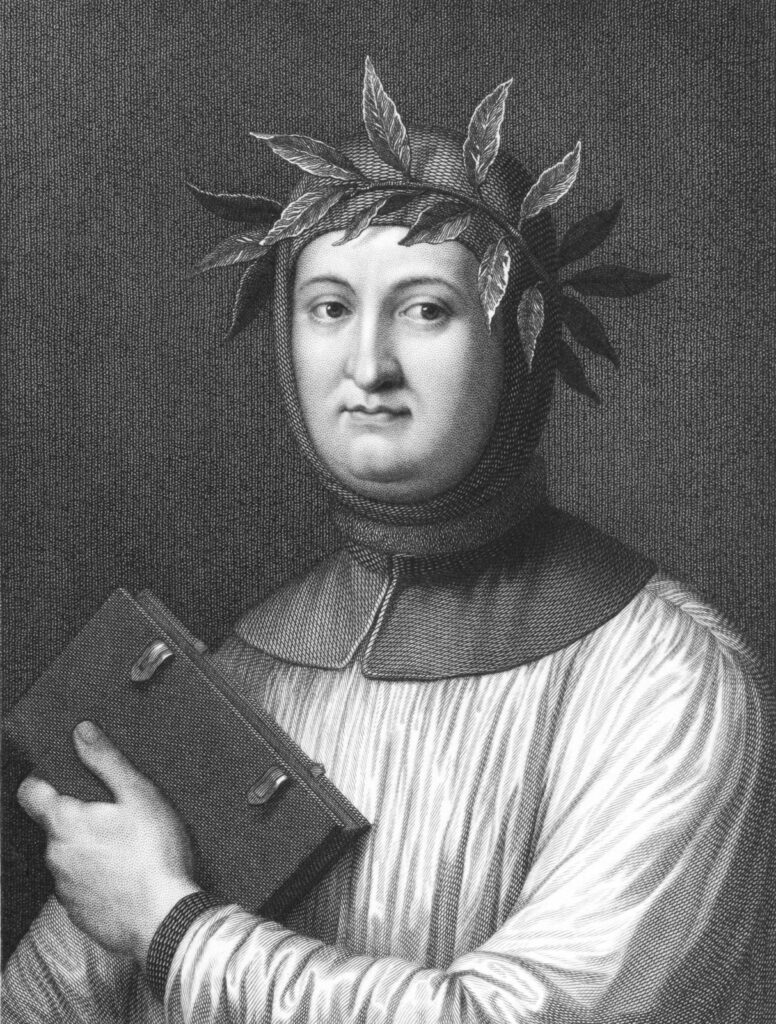
Throughout this poem, Petrarca speaks on his many misdeeds and how crushed he is by the weight of those mistakes until a “friend” comes and saves him. The main theme in this poem is error/mistake and this is evident because the poem begins with a very distressed Petrarca saying ” I am so weary under the ancient burden of my sins and evil ways.” This sentence makes me believe that he is reflecting on his past actions in a form of disgust and disappointment. However, I do not believe the only theme in this poem is mistakes, there is also God.
Petrarca speaks of his fear of “falling into his enemy”, and though this enemy could be a real person, he is most likely referring to Satan and falling into temptation, until a “friend” comes and saves him from his misery and bad deeds. In this poem, the “friend” was God himself speaking to Petrarca, telling him to trust Him and His guidance to lead him down a righteous path. Although there are could be other interpretations of the friend he speaks about(especially that the friend he speaks of is Laura), this is unlikely due to the capitalization of the word “Friend” in the poem.
Petrarca ends poem 81 with a simile that I believe ties the poem together very well; “Will you give me wings like a dove To rise from Earth and find rest.” He wishes to leave behind all his prior errors and mistakes and go up to heaven with God to start over. This metaphor also shows just how much of an impact religion had on his mindset, he hopes that one day he will be able to find rest by the grace of God. However, this metaphor is also very sad, the “rest” he speaks of could also be perceived as death.



Very good, Jennifer. In this post you show your thinking. You admit there might be other interpretations but you make your choice. Your first paragraph is a very good thesis statement (to keep in mind for your final paper). If you re-read this you might find tiny typos.
I enjoyed reading your blog post! As you mentioned, there are several interpretations of who he could be talking about, but when I first read the poem, I had the same exact train of thought as you. On top of capitalizing “Friend” when referring to God, I also noticed that he capitalized His pronouns, which is something that occurs in the Bible. Also, when you talked about the symbolism behind the wings, it reminded me a lot about Dante’s “flight” and his desire to become enlightened. Isn’t it interesting to see how similar the themes are, but also how different they were expressed?
Good job!